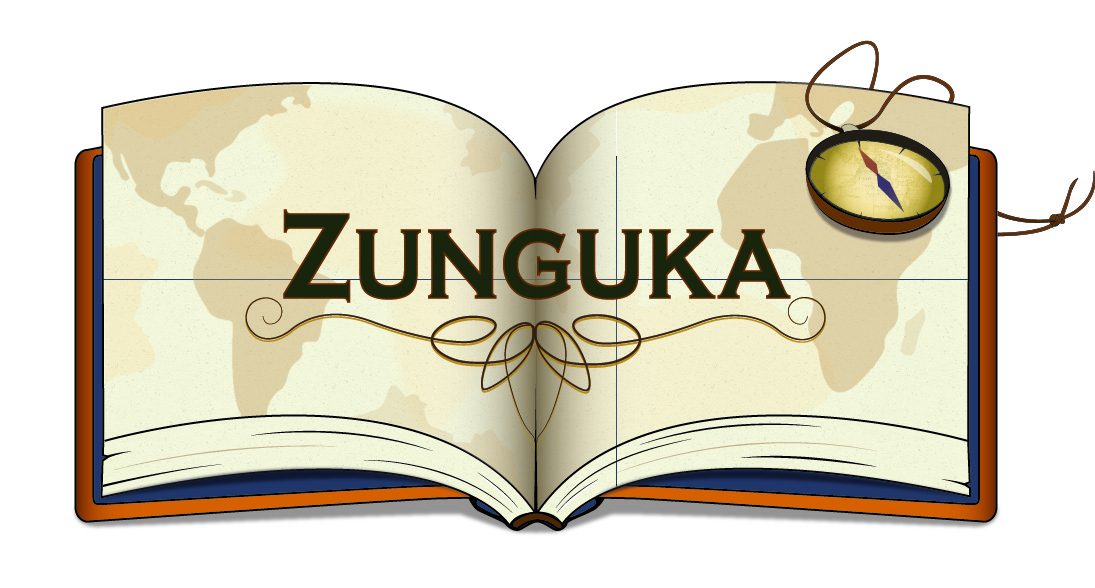Last week I quit my job in the Senate to become a writer. I left Washington – dumped my things in a storage unit – and now I live in a backpack and am in Chicago. I’m attending a lecture at Northwestern, learning about May 27, 1977 in Angola, and I am considering suicide. Thus far, I have neither written something of consequence nor have I attempted suicide. But I write about suicide.
Mark Twain, of course, says to “write what you know.” I cannot. I’m sitting in this room with the activists. They’re practically Marxists. Well, they are. But I’m sitting in the room with them, so “practically” seems safer. I am a stranger here and unquestionably ignorant.
What I know! What I know. What a short fucking volume.
I had never heard of Angola. I am traveled. I lived in rural East Africa. I can kill a fly with my thumb and forefinger. I speak fluent Swahili. I can plant raised beds of corn. I had malaria. I wear kangas. But I’m sitting in this room, and I am stupid.
I’m feeling sorry for myself under the guise of feeling very sorry about colonialism. I am upset about colonialism for two reasons: 1) the immense and repeated violation of human rights, a permanent distortion of moral fiber in all human history, and 2) Selfishly, I will never get to be the happy, ill-informed American consumer ever again.
Leaving the lecture, Chicago let the sun come out – in grand, cosmic, narcissistic irony – to counter my gloom. I don’t feel “called to action” – It’s too big. It’s too much to care about. I go with my friend, a professor of African history and many other things, to speak to his class about my work and life in Tanzania. I stay in the class after my talk, and we watch King Leopold’s Ghost. Saw all the ugly stubs of a severed wrist. Rubber sap dripping from a machete-ed branch. They look the same. We take, and we take. From branch and bone.
And the student asks, “When is the test?” This is not a cliché – these are her words. She grew up on the South Side. She was smart (you know how you can tell). But to be concerned with the Congo was too big a responsibility. I understand, I mean. It’s important to pass your tests. We’re told to pass our tests, to stay focused. I passed all my tests.
I’m walking home from the college now. I want to be a writer and create but, then, in a reality I did not create, people die. Not just in Angola or in the Congo.
When I lived in Washington, I would retreat to the depths of the National Gallery when I was sad. The French Impressionists. Who have so much “pretty.” And French post-Impressionists. Who have so much Bohemian. In college I considered Tolouse-Latrec, Monet, Cezanne, Pissaro, Van Gogh my friends. And Picasso was never really my friend. But I wanted to be his.
I retreat, now. I try the Chicago Art Institute. I look young – I talk them into the student admission price. I do that. That is something I know.
I am very mad at Degas. His petite, shadowy dancers pointing their toes. The ballet. How am I to love the ballet anymore? Why does Degas get to love the ballet? And horse races? Why did all the white people at the horse races (I’m thinking of Hemingway) get to drink whiskey and, the women wear wide-brimmed, floral sun hats. How grueling it must be to sit in the sun. And watch horses.
I’m bitter – and probably wrong. I am angrier, still, at the surrealists. Salvador Dali and his “Visions of Eternity.” Now, what the hell is that? A humanlike, grim figure with an eroded hole – where the heart might be. Or maybe the gut.
Does Salvador Dali want to talk about empty bellies?
We can talk about empty bellies. I want to talk to the people in the exhibit with me. They will be surprised I want to talk to them about Angola. They have children. The children are laughing, booming and echoing, running their fingers against the wall, almost the canvas, annoying the security guards. Their parents are looking at Picassos. There’s the man in “The Old Guitarist” – all blue-tinted, an unnatural curve to his neck, a ghastly definition to the bones in his fingers.
What did Picasso know of the Congo? Is it a matter of knowing? I guess I think we can’t un-know. So most of (the nebulous) us choose to never know. I consider this with an acute and shameful envy.
I am walking home, and I know I have lost it. The ability to write what I know. For everything I know, there is the unwritten, unspoken, the “out there” in what I ignorantly imagine is a dusty Angola. I cannot write stories about women in black boots, eating Ben and Jerry’s, and revering water lilies. It’s white guilt. It’s all types of guilt. It’s sorrow. But it’s also the refusal to un-know. If you know anew, no story can be told as it was once known. Then it would be a lie.
“I was letting ON to give up sin, but away inside of me I was holding on to the biggest one of all. I was trying to make my mouth SAY I would do the right thing and the clean thing, and go and write to that nigger’s owner and tell where he was; but deep down in me I knowed it was a lie, and He knowed it. You can’t pray a lie–I found that out.”

